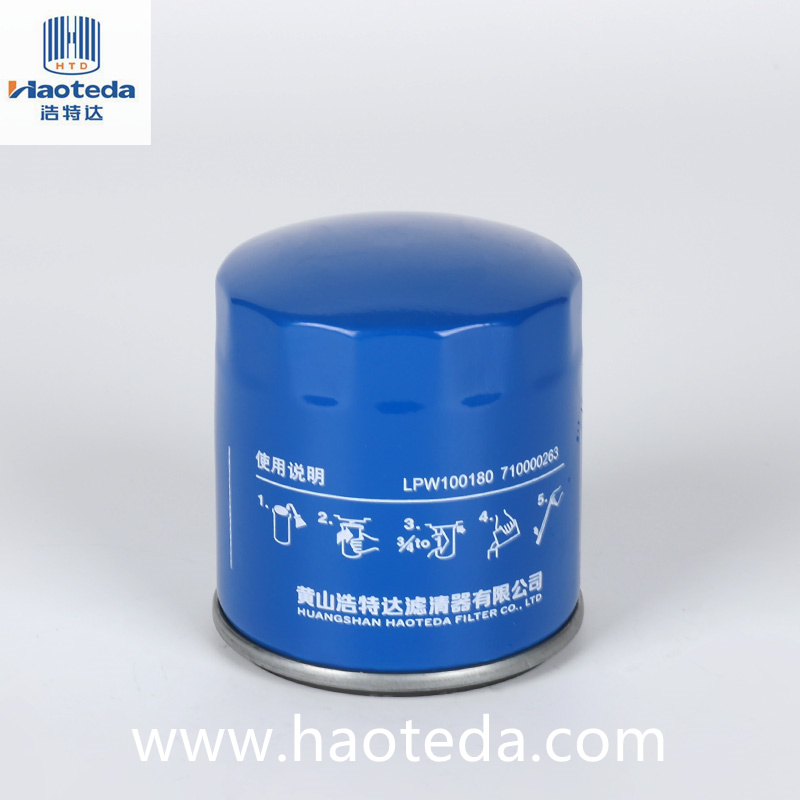In the competitive world of engine component manufacturing, global standards are far more than bureaucratic checkboxes—they’re the benchmarks that define product reliability, safety, and compatibility across markets. For a component like the metal oil filter, which plays a critical role in maintaining engine cleanliness and performance, meeting these standards isn’t just a selling point—it’s a necessity. Whether you’re dealing with heavy-duty vehicles, industrial engines, or passenger cars, filters must comply with a range of certifications that differ by region, engine type, and use environment.
One of the most recognized frameworks is ISO/TS 16949 (now IATF 16949), which outlines the quality management systems specific to automotive-related products. Manufacturers that produce metal oil filters under this certification must ensure full traceability of raw materials, implement advanced process control, and conduct rigorous final inspections. This standard is widely respected by OEMs and tier-1 suppliers because it reduces variability and aligns production with global quality expectations. Without adherence to such a system, filters risk rejection in international supply chains before they ever reach a distributor’s shelf.

Performance-specific standards also play a crucial role, particularly those from SAE International. SAE J1858, for instance, focuses on oil filter performance testing—measuring particle removal efficiency, dirt-holding capacity, and burst pressure. These parameters are critical because they ensure that a filter not only fits but also performs consistently across its rated service interval. A quality metal oil filter is expected to withstand high flow rates, maintain filtration efficiency above 90%, and resist failure in the event of pressure surges. Passing these tests is essential for filters sold into demanding applications like turbocharged engines or extended-drain fleets.
In Europe, filters are commonly expected to align with environmental and safety directives such as REACH and RoHS, which restrict the use of hazardous substances in manufacturing. For metal oil filters, this means selecting coatings and gaskets that are both chemically compliant and thermally stable. Manufacturers must document every compound used in the assembly process, which not only supports legal compliance but also enhances customer confidence. In export-driven markets, providing this level of transparency is often the difference between gaining or losing a long-term contract.
Japan and Korea, known for their strict engineering cultures, have their own sets of industrial requirements that focus heavily on dimensional accuracy, seal integrity, and media uniformity. To meet these standards, metal oil filter manufacturers often need to invest in advanced automation and statistical process control systems to minimize defects. These regions also place high importance on packaging and labeling precision, making supply chain accuracy another key point of compliance. This level of detail ensures smooth integration into highly optimized engine platforms.
Meeting these varied standards across global markets requires more than just documentation—it requires a manufacturing mindset committed to continuous improvement and cross-border quality assurance. As a producer of high-quality metal oil filters, we’ve invested not only in certification but in aligning our production workflows with international best practices. This makes it easier for our partners—distributors, importers, and OEMs alike—to trust that every shipment they receive is consistent, compliant, and ready for the road.
In the end, what defines a truly dependable metal oil filter is not only how well it functions inside the engine, but how reliably it meets expectations across industries and borders. By aligning our processes with the world’s most respected standards, we don’t just build filters—we build confidence, filter by filter.
 English
English
 English
English Español
Español Français
Français
 +86-139-6774-0263
+86-139-6774-0263









